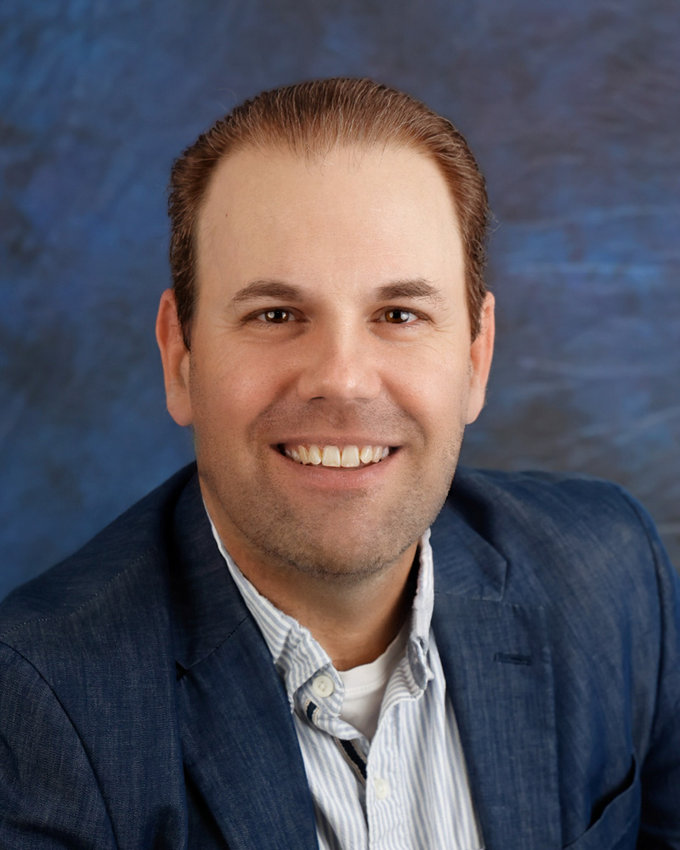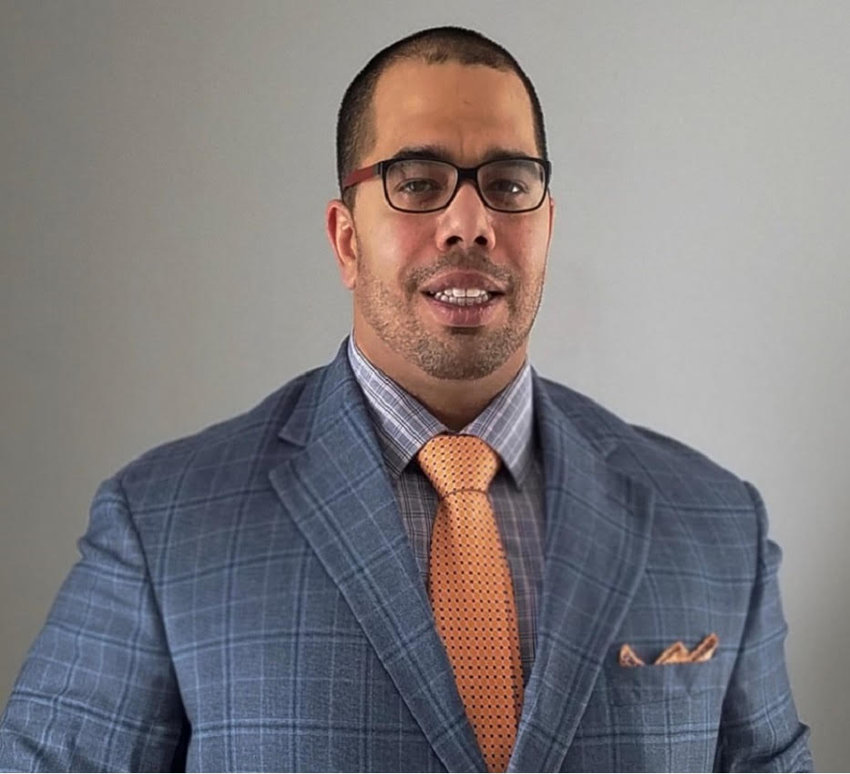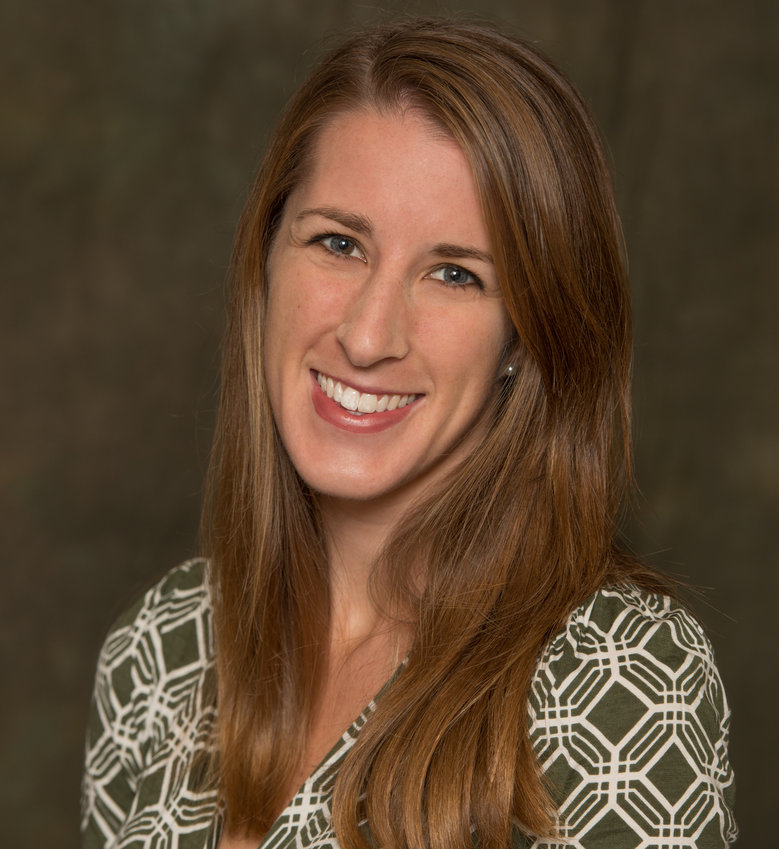Pay increases for teachers, “right-sizing” and educating students caught up in the juvenile justice system are among the issues of concern to the candidates for the Lansing Board of Education in the Nov. 8 General Election.
Six candidates are seeking three seats for full six-year terms: Caitlin Cavanagh, Kurt Richardson, Ryan J. Smith, Anthony J. Strevett, Rick Wendorf and Rosalyn Williams. Incumbent Missy Lilje is running unopposed for a partial term that ends Jan.1, 2024. Neither Williams nor Lilje responded to requests for interviews. Incumbents Gabrielle Lawrence, who is running for the Ingham County Board of Commissioners, and Amy Hodgin are not running for reelection.
Cavanagh was appointed to the board earlier this year to fill a vacancy. She, Richardson, Strevett and Lilje are endorsed by the Michigan Education Association.
The seven candidates seek to oversee a school district with a $614 million budget and over 10,000 students.
In interviews with City Pulse, each of the candidates discussed the need to increase teacher pay. Salary.com places the salary range of teachers in Lansing at between $37,000 and $76,000 a year. In 2017, Michigan Radio reported the average salary of a Michigan teacher was $61,978 — that was after a five-year decline in average salaries from a 2011 high of $62,613. That same report saw that Michigan teachers did not begin to outpace national average teacher salaries until they had been in the classroom for six years.
“Of course, we need to pay educators more,” said Wendorf, 60, echoing the same sentiments of the other candidates.
Cavanagh, 34, noted that the board is preparing to enter into negotiations for a new contract with the Lansing Schools Education Association, the MEA affiliate representing Lansing school educators.
“Those conversations are going to be happening this year,” she said. “That really has to be making sure we are prioritizing. What I like to call budget right sizing.”
She said she will focus on data “to understand where our money is being used now, and how it can be better used for our needs.”
New bond dollars, Cavanagh said, will also be important in freeing up resources to improve buildings while reinvesting in other aspects of the budget. She also touted the district’s capacity to grab grant dollars that will also free up more dollars for educational needs.
Richardson, 41, Smith, 44, and Strevett, 26, agreed teacher pay needs to increase, but they said they needed to spend more time evaluating the budget to find that money.
With a combination of bonds, grants and state and federal dollars coming in, the funding of the district is shifting. Making it more complicated, the state provides funding on a per-pupil basis —$9,150 per student this academic year, reported Michigan Advance. But if a student migrates to a neighboring district under schools of choice, those dollars follow them.
Enrollment has seen a slight bump since 2019, according to the Lansing State Journal, but students continue to choose to attend neighboring districts. Among those students are Smith’s two kids, who attend an elementary school in East Lansing.
“We thought East Lansing was a better fit for our children. It’s really that simple. I really liked the Chinese immersion program at Post Oak, but I was really concerned whether they would keep it with all the budget issues at the time,” Smith said. “We were parents first.”
A study by Stanford University released earlier this year found Lansing students were, on average, 2.2 grades below the rest of the nation on standardized testing from 2009 to 2018.
Superintendent Benjamin Shuldiner told Fox 47 at the time, "Let's just take it for what it is, which is when you compare Lansing to other districts around the state and around the country, they are low."
Adding to this, is the complication of a perception of school safety. That’s something Cavanagh noted has racial undertones driving it because minorities make up the majority of the district’s student population. It’s also driven, a new diversity audit found, by an unequal application of school corrective actions for individual students.
Cavanagh, who has a Ph.D. in developmental psychology, specializes in the study of the school-to-prison pipeline. She noted that local and national studies have consistently found Black and brown youth are more likely to face disciplinary issues that land them in the juvenile justice system than white students.
“That’s a big issue,” said Wendorf, a retired educator who taught in the Lansing schools. “I have students who have gone to prison for murder or other things. We need to find ways to make sure they are engaged.”
Changing the way education is delivered in the Lansing s chools is a key cornerstone on which to rebuild the Lansing Schools, the candidates agreed.
“All the building blocks are there to create a great district,” said Smith. “It’s how we put those together to deliver.”
That delivery is in part hampered by the struggles the district has had in addressing the needs of special education students. Last year, City Pulse reported the district was on notice with corrective action plans from the Michigan Department of Education for failing to provide Individual Education Plans (IEPs) for special education students.
“I’ll try to be brutally honest. The Lansing School District has not served its special education population well, to put it bluntly. For years, there were specific things that were not done — and this was stuff that was just not acceptable,” Shuldiner told the Lansing City Council in Aug. 2021, when it was revealed approximately 9 percent of special education students did not have IEPs.
Strevett, who works for the Ingham Intermediate School District assigned to Lansing elementary schools providing speech assistance for students, said that was an important issue to face.
“We are legally obligated as a district to provide services for those students,” he said. “I know firsthand how much this district is hurting for social workers, other speech and language pathologists, occupational therapists, special education teachers, etc., and that goes back to a funding issue.”
Despite knowing this is an issue, Strevett stated he “didn’t know” how the district was going to find the money to pay more of these specialized professionals. It’s an issue none of the candidates had an immediate answer to, but all acknowledged the personnel issues related to special education are self-perpetuating, causing teachers to burn out and retire or flee to another district with smaller classes, and more support.
Wendorf, who taught special education early in his career, noted that he would spend a great deal of time crafting his curriculum each night to adjust to the learning needs of each student in his class. That was 15 students, with 15 separate learning strategies each day.
“I was there after hours, and I was there on Sundays preparing my work,” he said. “I considered that just part of the job. That’s what I was being paid for.”
All the candidates agreed the district needed to find ways to deliver education beyond the college preparation route. That includes introducing and encouraging students to explore technical and labor related jobs such as electrician, automotive care and computer programming.
“I’m an example of that,” said Richardson, who graduated from the Lansing Schools and now makes an income facilitating high profile sporting figures transition out of sports and into other jobs. “I graduated with a 1.9 g.p.a. I was not the person people would have thought would have gone on to two master's degrees. But I needed the time to find what I wanted and needed.”
He said part of what dragged his educational achievement down was struggling everyday with adult-like problems — when would he eat, if he would eat, getting enough sleep. “That’s a real issue in the school. How can we expect kids to learn like that? We can’t.”
Cavanagh agreed, but she said the district is not a panacea for the social issues that bleed into the classroom. “We need to serve as a hub to connect parents and guardians with community services available for them.”
Nationally, statewide and in local districts, school boards are also facing calls to restrict or remove certain books from school libraries. Most of the titles are LGBTQ themed, although some address racial oppression. LGBTQ literature has been deemed “pornographic” by rightwing activists, who have flooded state school board meetings as well as local boards of education accusing schools of pushing a “sex and gender agenda,” as GOP gubernatorial candidate Tudor Dixon claimed in a recent debate with her opponent, Democratic Gov. Gretchen Whitmer.
Wendorf has posted on his Facebook candidate page that the “agenda” of educators has to be stopped. But asked if there was a “sex and gender agenda” being pushed in the Lansing Schools, he said there was not.
Wendorf is a Republican who supports Dixon, the GOP candidate for governor. Dixon has made proposals to cut public education funding through other tax cuts, but she has not proposed how she would backfill that hole. She is also a supporter of eliminating a constitutional ban on public dollars paying for private school education.
“I know many of the teachers,” he said. “There absolutely is not an agenda being pushed in the Lansing schools, and I would tell Tudor that if she asked my opinion.”
Strevett, who attends New Hope Church, which views LGBTQ relationships as sinful, said if parents raised concerns about books, he would listen to those concerns. “The church believes that LGBTQ decisions are made against what the Bible has written — but we’re loving.”
“Ultimately, I would listen to what the majority of people told us,” he said.
Strevett’s church also only permits men in leadership positions. “I think the leadership of the church structure than any other sort of institution, so with that I don’t see a problem.” Strevett pointed out that as a public school speech and language pathologist, he works in a field “dominated by women. I would be bothered if they were not allowed to fulfill leadership roles.”
He said there was no reason for there to be pornographic books in the school and defined pornographic as any book containing an explicit passage involving sexual activity. When challenged about the sex scene in “Romeo and Juliet” and whether, based on that definition, he would ban ‘Romeo and Juliet,’ he said he was unaware the Shakespeare play had a sex scene.
“I would have to look into that more,” he said.
Richardson, Smith and Cavanagh were clear: they would not ban books from public school libraries.
“We have an excellent team of librarians, and I trust them to make the right decisions,” Cavanagh said.
(Photo unavailable)
Director of development and education, Happendance dance school, Okemos
Incumbent Lansing Board of Education member, elected in 2016.
Seeking: Partial term ending Jan. 1, 2024
(Photo unavailable)
Consultant
Seeking: Six-year term

Speech and language pathologist, Ingham Intermediate School District
Seeking: Six-year term
Website: strevett.com

Entrepreneur
Seeking: Six-year term
Website: N/A

Business consultant
Seeking: Six-year term
Retired teacher
Seeking: Six-year term

Associate professor/ director of undergraduate studies, Michigan State University School of Criminal Justice
Appointed to the Lansing Board of Education to fill a vacancy in April 2022.
Seeking: Six-year term
Website: caitcav.com
Support City Pulse - Donate Today!
Comments
No comments on this item Please log in to comment by clicking here